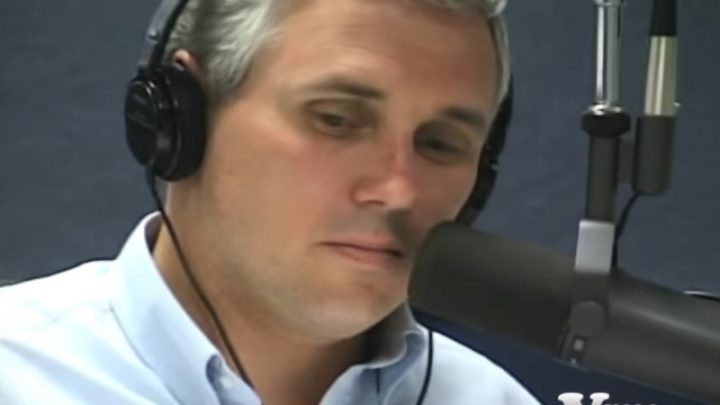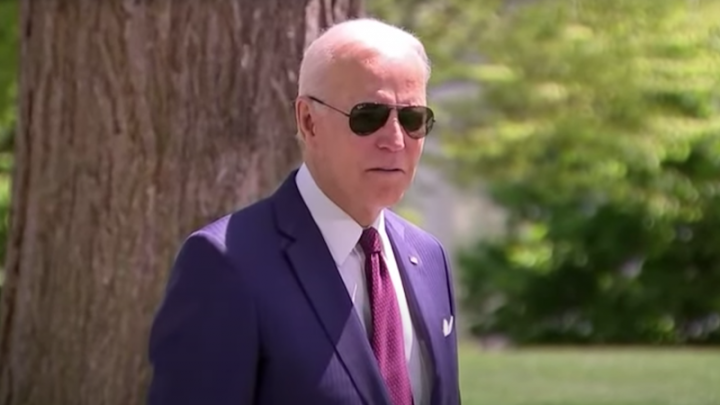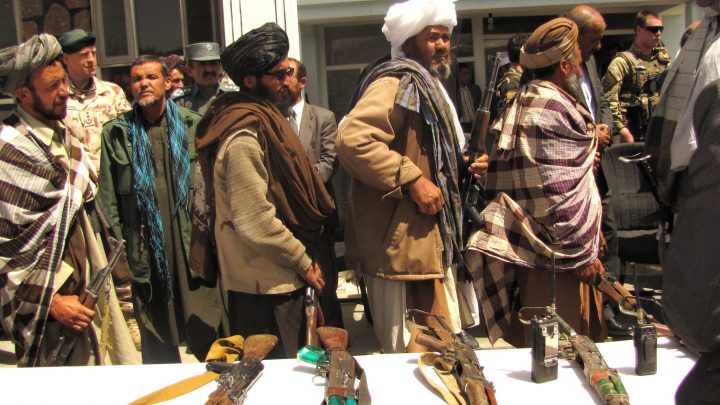
Activists have come to regret demanding police officers wear body cameras as the resulting footage has turned out to be a “public relations” boon for law enforcement, according to a USA Today investigation published Sunday.
Then: Activists in recent years successfully pushed cops to wear miniature cameras on the job:
In the years since Michael Brown’s death in 2014 spurred protests and unrest in Ferguson, Missouri, politicians, advocacy groups and even cops have pushed for all officers in the 18,000 or so U.S. law enforcement agencies to wear small cameras to record their interactions with the public.
And:
Within two years of Brown’s death, more than 7,200 law enforcement agencies had acquired body-worn cameras, according to a Bureau of Justice Statistics analysis in 2018. The number is probably much higher today, experts said.
Now: Police officers have embraced the body cams, while activists have turned against them.
In the years since body cameras were adopted, there has been an interesting reversal of viewpoints, said Jim Bueermann, retired chief of the Redlands, California, police department and former president of the National Police Foundation.
At first, “community advocates were vocally in support of cameras and police unions were opposed to them,” Bueermann said. “And over time as camera footage has exonerated so many officers, now it is just the opposite.”
Activists have complained that police tend to release body cam footage when it makes them look good:
As police unions and their advocacy groups realized body cameras were unavoidable, they put “their significant political muscle behind trying to restrict public access to the footage,” [Chad Marlow, senior policy counsel for the American Civil Liberties Union] said.
Police departments tend to release a video when it shows an officer acted properly and delay release when it doesn’t, he said. “It turns police body cameras from a transparency and accountability tool into a propaganda tool,” he said.
But sometimes cops need to be protected from activists:
After the fatal shooting of Ma’Khia Bryant, 16, by Columbus, Ohio, police last month, it took closer examination of the video to determine that she appeared to be holding a knife and was aiming to stab another person, Bueermann said.
“It’s not a perfect technology. It’s not the fantasy we all hoped for,” Bueermann said. “Police still kill about 1,000 people a year, but cameras have absolutely improved policing.”
Read the rest of the story here.



